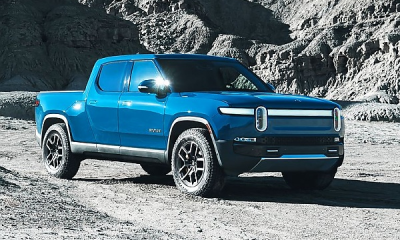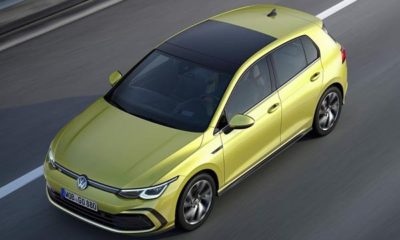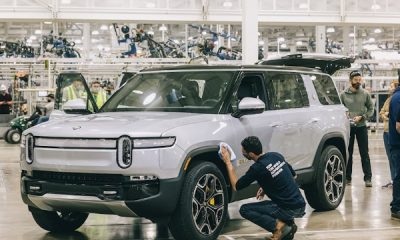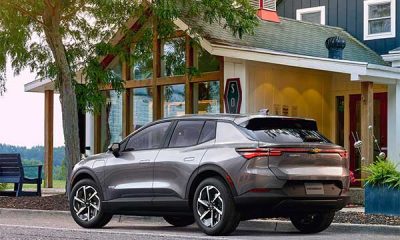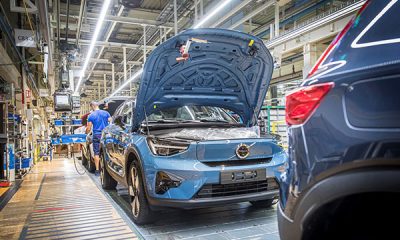U.S electric car maker Rivian plans to produce battery cells In-house to power its R1T and R1TS EVs.
R1T truck and R1S SUV currently use battery cells that is supplied by Samsung SDI.
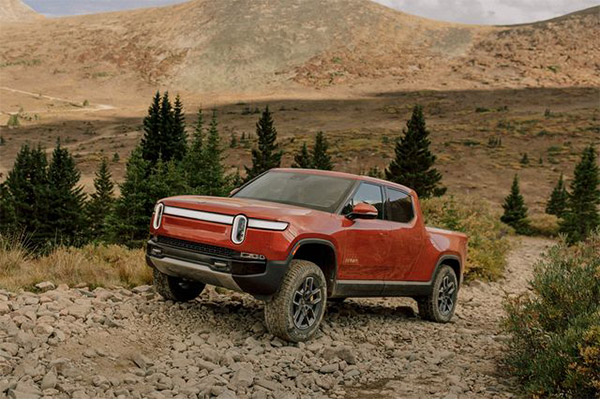 Rivian is currently focusing on vertical integration, which already includes in-house developed things like electric powertrain (electric motors, inverters, and gearboxes), battery modules and packs, as well as electronic control units (ECUs) and software. Of course, let’s not forget about the direct sales model and charging network.
Rivian is currently focusing on vertical integration, which already includes in-house developed things like electric powertrain (electric motors, inverters, and gearboxes), battery modules and packs, as well as electronic control units (ECUs) and software. Of course, let’s not forget about the direct sales model and charging network.
By the way of its IPO filing, the company has revealed that in the future in-house production will include also the battery cells (currently supplied by Samsung SDI, which reportedly considers a plant near Rivian’s site in Illinois).
The Rivian R1T truck and R1S SUV utilize 2170-type cylindrical lithium-ion cells. It’s not said what form factor or chemistry might be utilized in the in-house batteries.
At this point, it’s also unclear whether it would be a 100% in-house project (which would be difficult to imagine) or a joint venture.
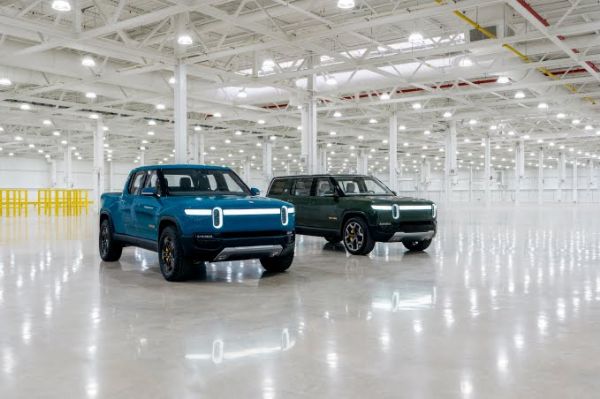
One thing is sure, any in-house battery endeavor will come on top of the existing third-party cell procurement:
“Invest in Our Ecosystem. We plan to continue investing in our product development and operations infrastructure to enable our growth, product innovation, and customer experience. The expected breadth of our future product portfolio will require significant additional production capacity.”
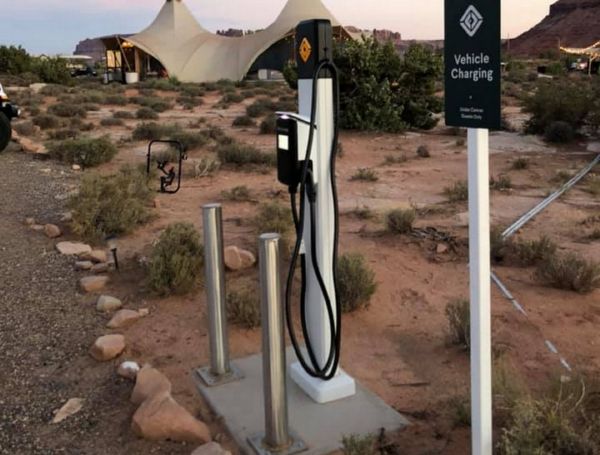
“We intend to strategically invest in new facilities to increase our manufacturing capacity and maximize operational efficiency. These initiatives include establishing in-house battery cell manufacturing capabilities to complement third-party cell procurement which will provide supply continuity and support our anticipated growth.
Further investments will include additional vertical integration to advance our product performance and cost position, scale our service and charging infrastructure to drive customer adoption, and enhance our digital platform and customer engagement operations, ” Rivian noted
Rivian explains that the battery is too important of a topic from range-, performance- and price- perspective to not be vertically integrated.
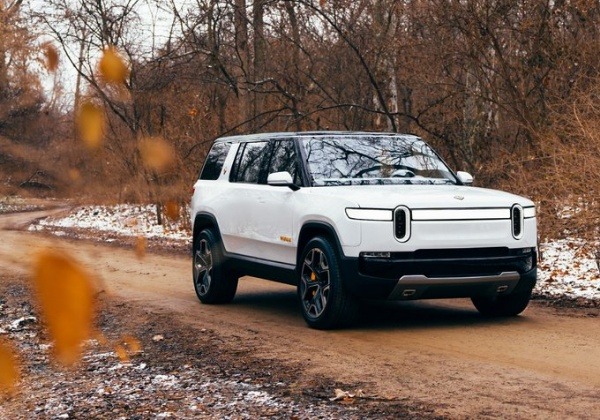
The company has already established battery in-house capabilities to cover most battery-related areas and cell development and in-house cell manufacturing will be the next logical step in the future:
“Given the paramount importance and impact of the battery system on vehicle range, performance, and price, we have built in-house capabilities across the entire value chain.
These capabilities include battery cell chemistry development and characterization, module and pack engineering, BMS design, critical raw materials sourcing, battery manufacturing expertise, and advanced in-house laboratories to perform required validation and testing.
Over time, we intend to expand our capabilities related to proprietary cell development and in-house cell manufacturing and expect that these functions will grow substantially in the coming years.”

 News1 week ago
News1 week ago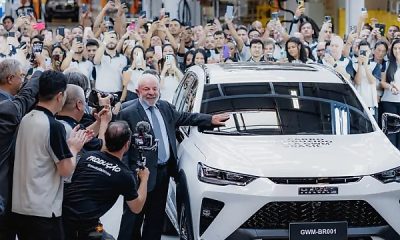
 News1 week ago
News1 week ago
 News5 days ago
News5 days ago
 Celebrities Auto1 week ago
Celebrities Auto1 week ago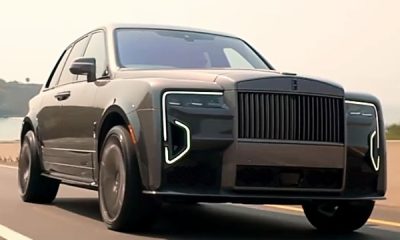
 News1 week ago
News1 week ago
 News6 days ago
News6 days ago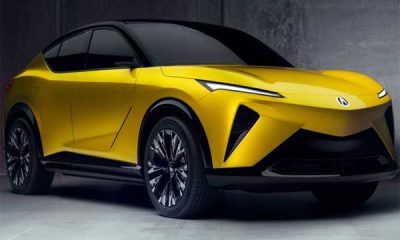
 Concept Cars1 week ago
Concept Cars1 week ago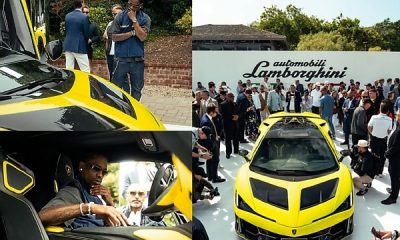
 Celebrities Auto6 days ago
Celebrities Auto6 days ago






